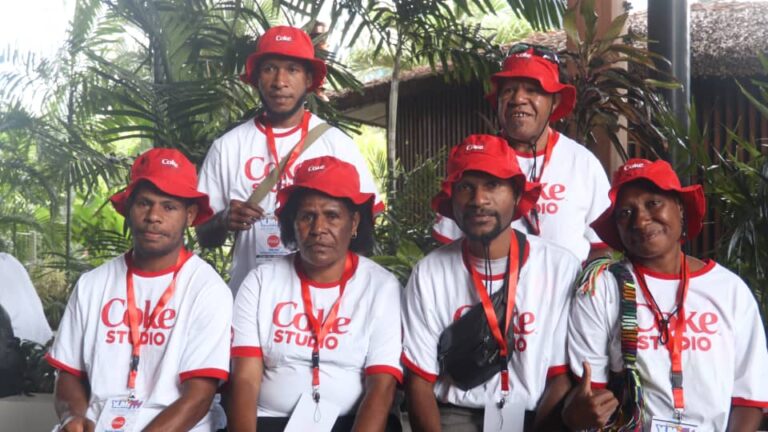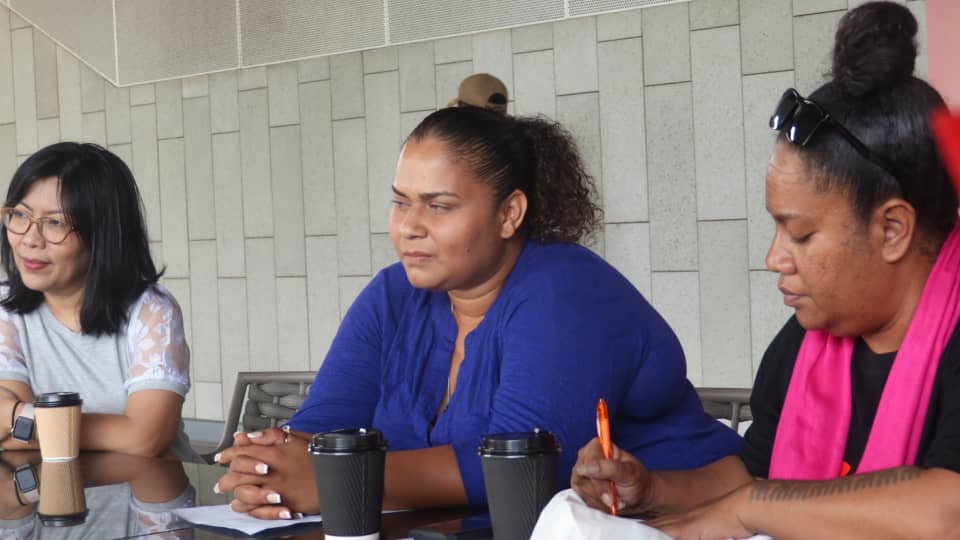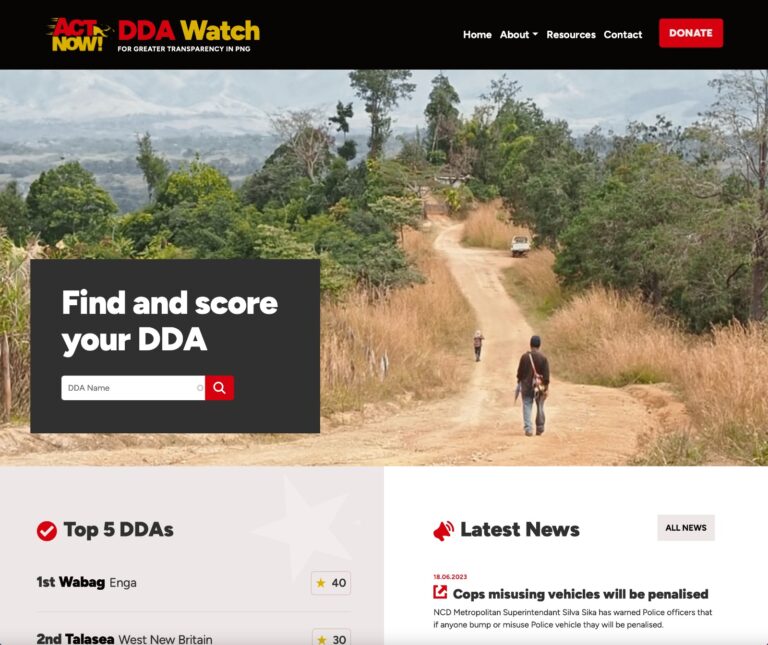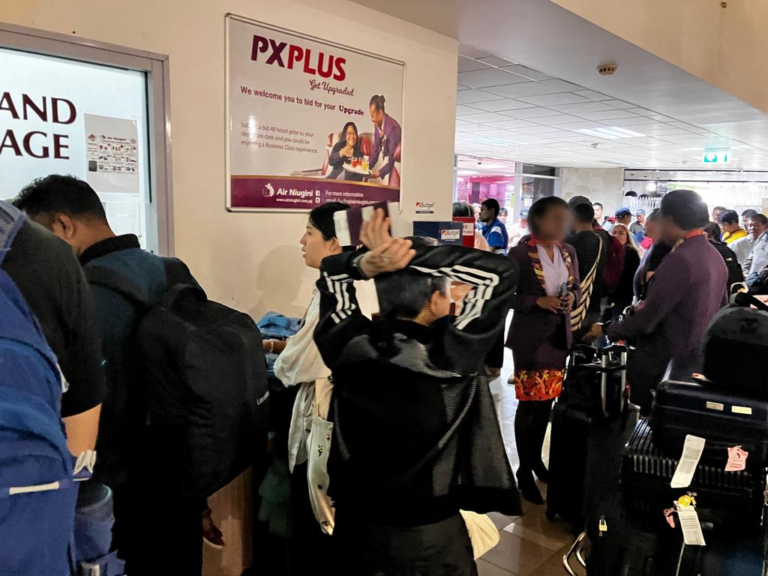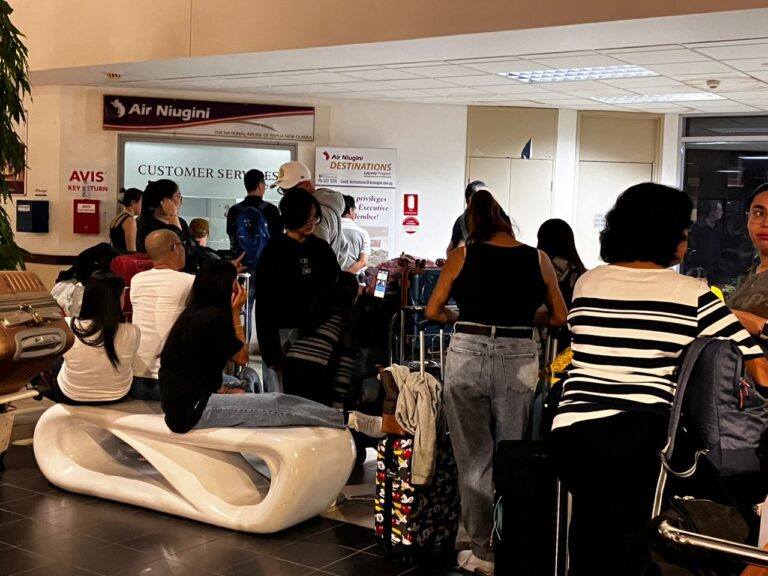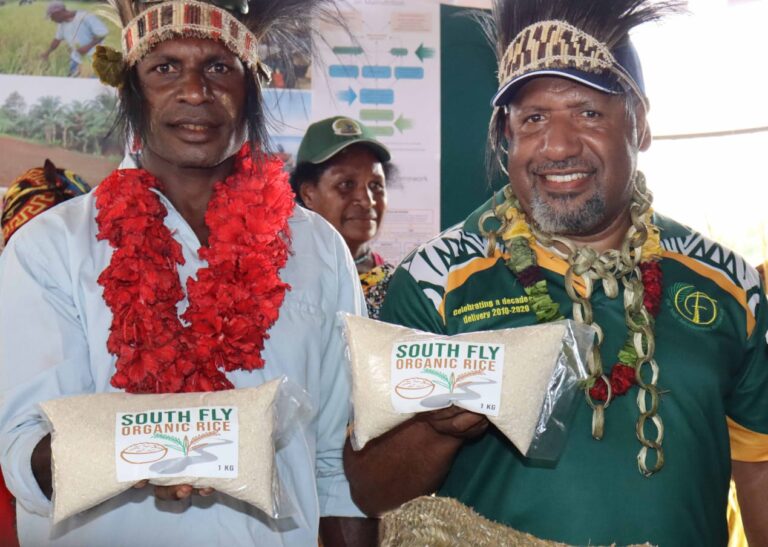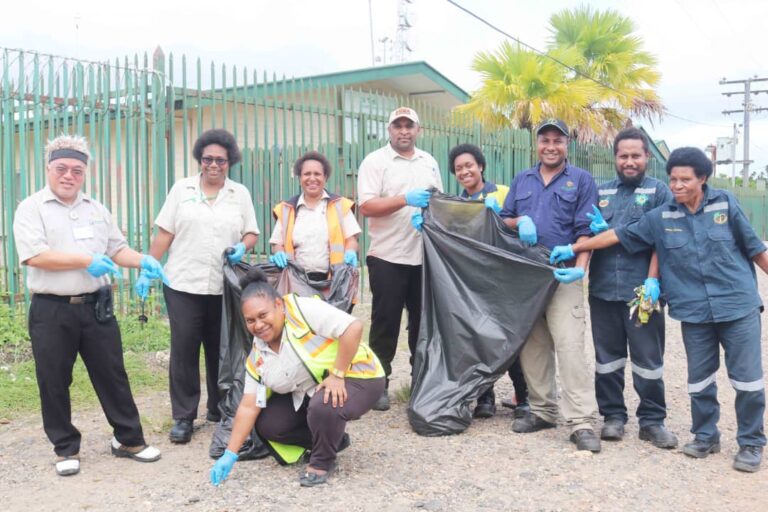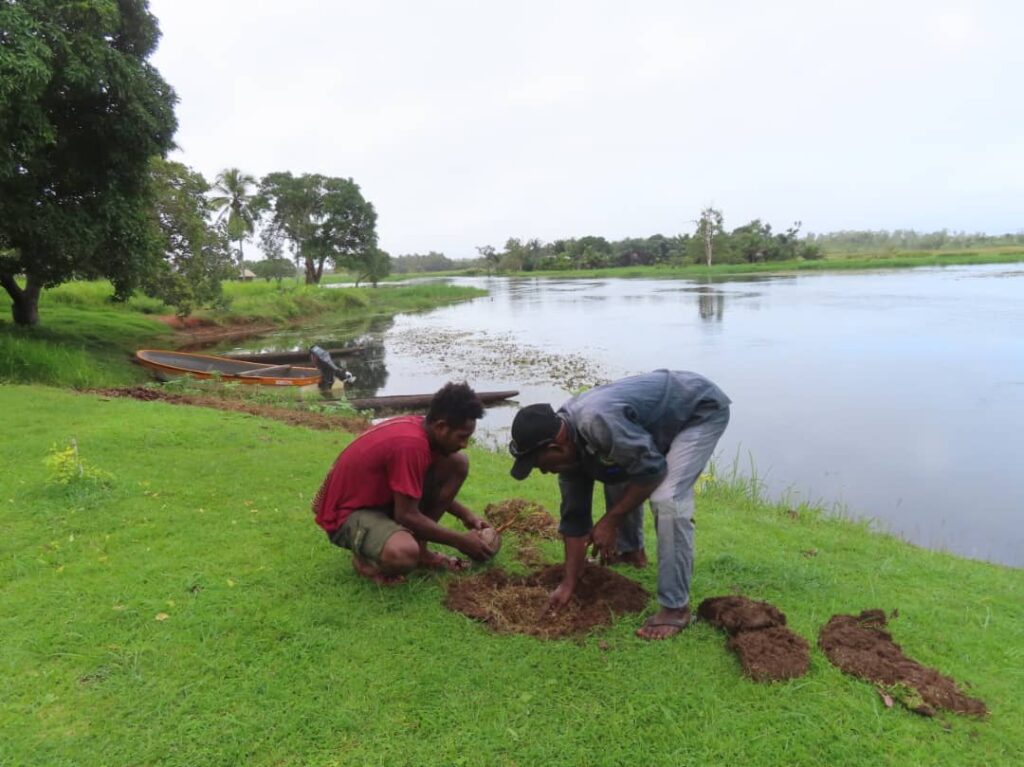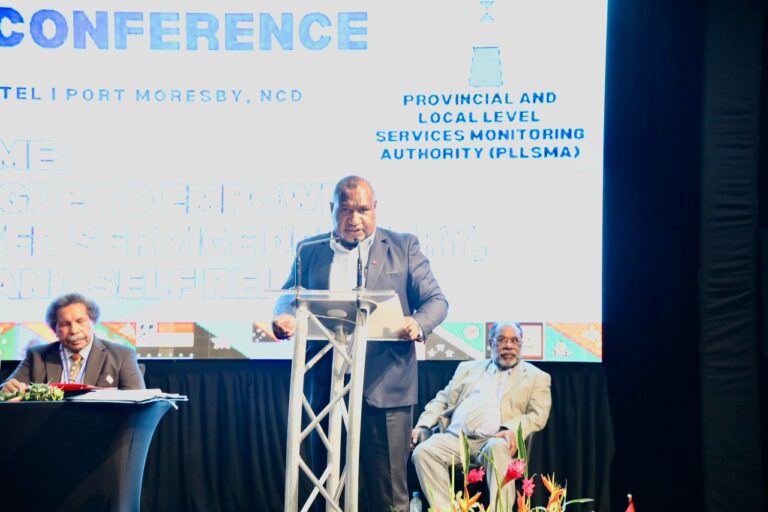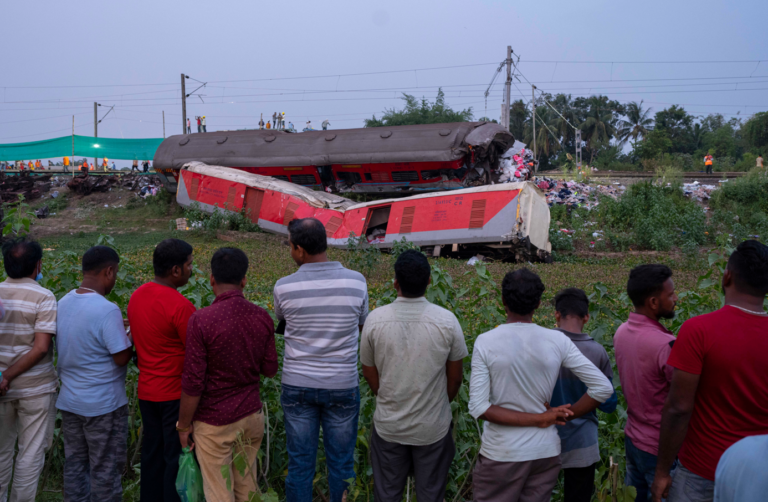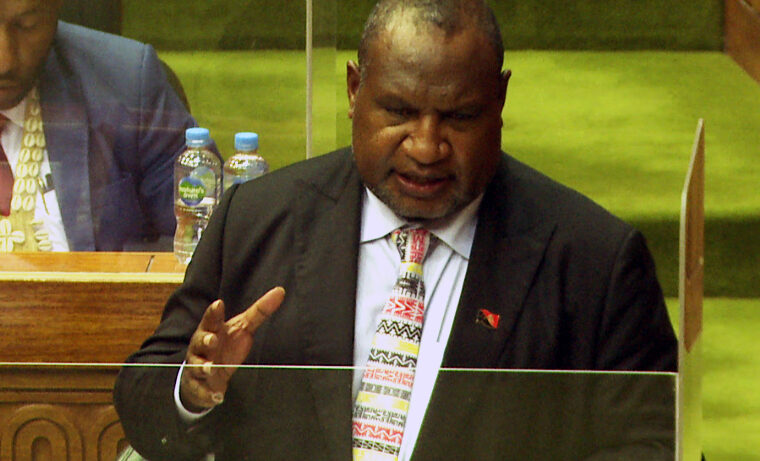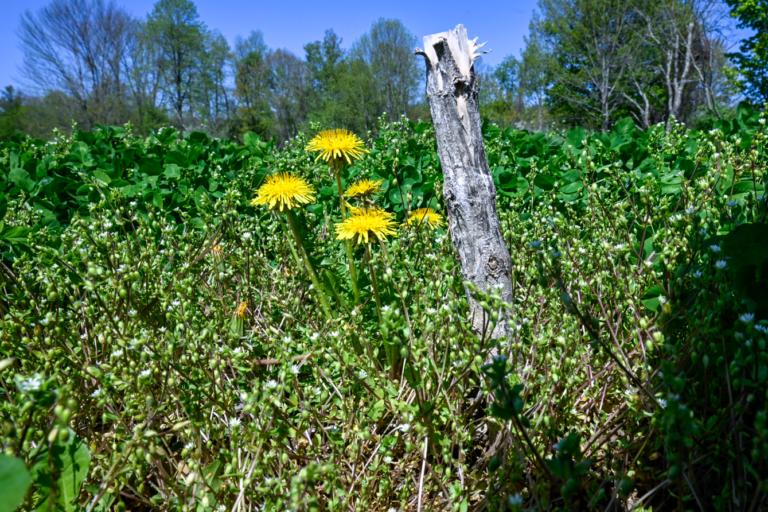PHOTO FILE – Britain’s Prince Harry leaves the Royal Courts Of Justice in London, Thursday, March 30, 2023. The Duke of Sussex is scheduled to testify in the High Court after his lawyer presents opening statements Monday, June 5, 2023 in his case alleging phone hacking. It’s the first of Harry’s several legal cases against the media to go to trial and one of three alleging tabloid publishers unlawfully snooped on him. (AP Photo/Kirsty Wigglesworth, File)
By BRIAN MELLEY (AP)
LONDON (AP) — Prince Harry is going where other British royals haven’t for over a century: to a courtroom witness stand.
The Duke of Sussex is set to testify in the first of his five pending legal cases largely centered around battles with British tabloids. Opening statements are scheduled Monday in his case.
Harry said in court documents that the royal family had assiduously avoided the courts to prevent testifying about matters that might be embarrassing.
His frustration and anger at the press, however, impelled him to buck convention by suing newspaper owners — allegedly against the wishes of his father, now King Charles III.
If Harry testifies as scheduled Tuesday in his lawsuit against the publisher of the Daily Mirror, he’ll be the first member of the royal family to do so since the late 19th century, when Queen Victoria’s eldest son, Prince Albert Edward, testified twice in court.
The man who would go on to become King Edward VII testified in the divorce proceedings of a woman he was accused of having an affair with (he denied it) and in a slander case involving a man who cheated at cards. Edward VII was the great-grandfather of Queen Elizabeth II, Harry’s grandmother.
A look at Prince Harry’s legal battles:
HARRY’S HISTORY WITH PHONE HACKING AND PAPARAZZI
The Daily Mirror case is one of three Harry has brought alleging phone hacking and other invasions of his privacy, dating back to when he was a boy.
In court documents, he described his relationship with the press as “uneasy” in court documents, but it runs much deeper than that. The prince blames paparazzi for causing the car crash that killed his mother, the late Princess Diana.
He also cites harassment and intrusion by the British Press and “vicious, persistent attacks” on his wife, Meghan, including racist articles, as the reason the couple left royal life and fled to the U.S. in 2020. Reforming the news media has become one of his life’s missions.
News that British journalists hacked phones for scoops first emerged in 2006 with the arrest of a private investigator and the royals reporter at the now-defunct News of the World. The two were jailed, and the reporter apologized for hacking phones used by aides of Harry, his older brother, Prince William, and their father.
A full-blown hacking scandal erupted five years later when it was revealed that the Rupert Murdoch-owned tabloid eavesdropped on voicemails on the phone of a slain girl, forcing the paper to close and launching a public inquiry.
Since that time, other newspapers have been accused of illegal intrusions that extended to tapping phones, bugging homes and using deception to obtain phone, bank and medical records.
WHO IS HARRY SUING?
The duke is taking on three of Britain’s best-known tabloid publishers.
In addition to Mirror Group Newspapers, he is suing Murdoch’s News Group Newspapers, publisher of The Sun, and Associated Newspapers Ltd., which owns the Daily Mail and Mail on Sunday.
The claims are similar: that journalists and people they employed listened to phone messages and committed other unlawful acts to snoop on Harry and invade his privacy.
In a sign of how much the cases matter to him, Harry attended several days of hearings in March in the case against the Mail publisher.
Several celebrities with similar allegations have also filed claims being heard alongside Harry’s, including Hugh Grant in the News Group case, and Elton John and Elizabeth Hurley in the Associated Newspapers case.
Associated Newspapers “vigorously denies” the claims. News Group has apologized for News of the World’s hacking but The Sun does not accept liability or admit to any of the allegations, according to spokespeople.
Both publishers argued during High Court hearings this spring that the lawsuits should be thrown out because Harry and the others failed to bring them within a six-year time limit.
The lawyer representing Harry and other claimants said they should be granted an exception because the publishers lied and concealed evidence that prevented them from learning of the covert acts in time to meet the deadlines.
WHAT’S THE CURRENT TRIAL ABOUT?
At the outset of the proceedings, Mirror Group appeared to fall on its sword, acknowledging instances when its newspapers unlawfully gathered information. It apologized in court papers and said Harry and two of the other three claimants in the case were due compensation.
But the admission involving Harry — the hiring of a private eye to dig up unspecified dirt for an article about his nightclubbing — wasn’t among the nearly 150 articles between 1995 and 2011 for which he claimed Mirror Group reporters used phone hacking and other illegal methods to gather material. The trial is focusing on 33 of those stories.
Harry’s lawyer, David Sherborne, said unlawful acts by reporters and editors at the Daily Mirror, Sunday Mirror and Sunday People were “widespread and habitual” and carried out on “an industrial scale.” He pointed the finger at management, in particular TV personality Piers Morgan, a former Daily Mirror editor.
Morgan has publicly denied involvement in phone hacking, as has Mirror Group in its court submissions.
Mirror lawyer Andrew Green said a substantial proportion of the articles at issue involved a “breathtaking level of triviality” and that with the exception of a few instances of unlawful information gathering, the company’s reporters had used public records and sources to legally obtain information.
The trial is a test case involving four claimants, including two members of Britain’s longest-running soap opera, “Coronation Street.” But the verdict could determine the outcome of hacking claims also made against Mirror Group by the estate of the late singer George Michael, former Girls Aloud member Cheryl and former soccer player Ian Wright.
The case is broken into two parts: a generic case that lasted nearly three weeks in which Harry’s lawyer laid out evidence of alleged skullduggery at the newspapers; the second part, starting Monday, with the four claimants testifying about specific acts targeting them.
WHAT ARE THE OTHER LAWSUITS ABOUT?
Harry’s fear and loathing of the press intersects with two active cases that center around the government’s decision to stop protecting him after he abandoned royal duties.
Harry argued his security is compromised when he visits the U.K., saying that aggressive paparazzi chased him after a charity event in 2021. He sued the British government for withdrawing his security detail.
With that lawsuit pending, he unsuccessfully tried to challenge the government’s subsequent rejection of his offer to pay for his own police protection.
A judge is weighing whether Harry’s libel suit against Associated Newspapers for reporting that he tried to hide his legal efforts to get the British government to provide security should go to trial.
“How Prince Harry tried to keep his legal fight with the government over police bodyguards a secret… then — just minutes after the story broke — his PR machine tried to put a positive spin on the dispute,” the Mail on Sunday wrote in its headline.
In past cases, Meghan won an invasion of privacy case in 2021 against the Mail on Sunday for printing a private letter she wrote to her father. That led to a 1-pound settlement for violating her privacy and an undisclosed sum for copyright infringement.
The couple has also settled lawsuits against photo agencies for flying a drone over their California home and a helicopter over a home where they were living in England.
All contents © copyright 2023 Associated Press. All rights reserved


